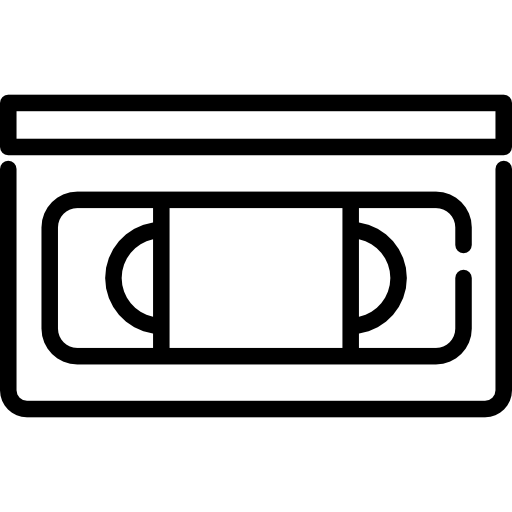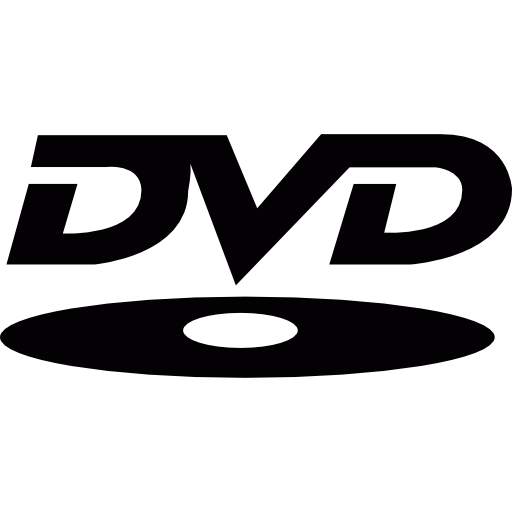
Known for great image quality for the money, the 8mm format is known today as the most fragile of the analog formats and should be at the top of your priorities to transfer. Humidity during storage can cause the tape to stick to itself, and the other detriment is loss of video signal leading to a faded image with intermittent audio. A digital 8 tape will not play on a 8 or Hi-8 player, but the older formats will play on a digital 8. The camcorders have poor playback abilities as they age, so we use the high end Sony players for stable playback and clear images.
Transfer 16mm Films to Digital Format for A Clear Quality
16 mm format was used for home movie making which lost its use with time. Very few companies make them today. They existed alongside 8mm format. Transfer 16mm films to digital format for great uninterrupted quality. Introduced in the 1920s, this format was first introduced by Kodak. With time, this format was used by film directors, businesses and others. With the advent in new technology, they were replaced by more feasible formats.
Transfer 8 mm to Digital Format & Avoid Old Films from Getting Lost
With the evolvement of technology, the 8mm format has become a thing of the past. Transfer 8mm films to digital format for a quality viewing experience. They existed long before digital cameras & was used to capture motion picture within budget. It lost its use with time. In certain parts of the world, 8mm recordings are still used but the usage is limited to such events only. This format might be considered a vintage treat but in practical use, they need to get transferred.
Transfer films to digital to avoid them from getting lost. Ensure compatibility with modern, smart devices, get them digitized.
Choose All Media Transfers to Transfer 8mm & 16mm Films to Digital Format
At All Media Transfers, you find the best professionals to transfer 8mm & 16 mm films to digital versions or DVDs. Ensure the longevity of your old 8mm/16mm films with the best quality possible. As you can store the converted files easily on your mobile and laptops, you get to watch and cherish them whenever you want. Get in touch with experts at All Media Transfers for film restoration today.




















